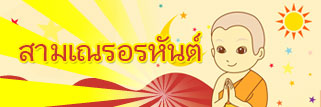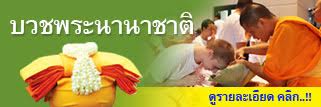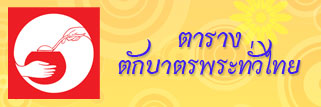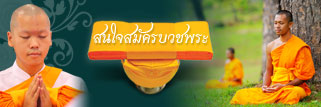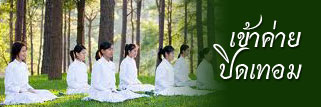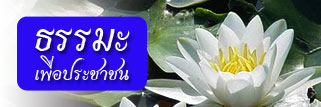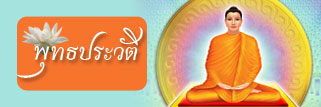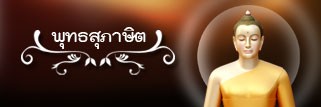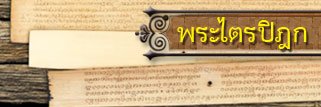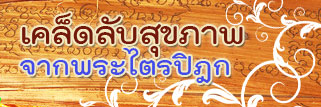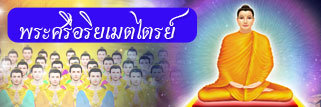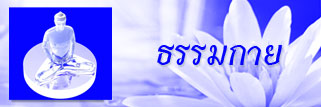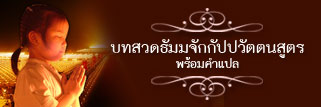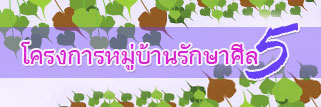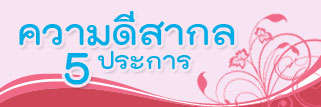Blessing Seven:
Artfulness in Knowledge
D. THE LEARNING PROCESS
D.1 Coming into contact with someone knowledgeable
One of the hardest things is to find a teacher who will give the necessary encouragement to bring one’s studies to fruition. The Buddha taught in the Siṅgalovāda Sutta that successful studies are established on the base of reciprocal duties that a student practices towards his teacher and that a teacher practises towards their student (duties collectively referred to as duties to the Southern Quarter). If a student finds a teacher that they think they can learn something from, they should start to learn from them. The teacher should practice the following five duties towards their pupil, by making sure:
1. the student is well trained;
2. that the student is taught in such a way that he understands and remembers well what he has learned;
3. that the student is thoroughly instructed in the lore of every art without holding knowledge back;
4. to give praise to the student which raises his esteem amongst his peers;
5. that the student’s security and safety in every quarter (i.e. towards parents, wife, children, employees, friends and spiritual mentors) is ensured, while pointing out the loopholes and weaknesses present in any body of knowledge.
Meanwhile the student should minister to his teacher by:
1. rising to receive them;
2. by serving them (in things which facilitate the teacher’s convenience)
3. by obedience to the teachings or an eagerness to learn;
4. by personal service
5. by attentively and respectfully learning the arts and sciences
If a student fails to fulfill their duties but the teacher does their part, the student is unworthy of the teacher — and it will be no surprise if the student can never become “skilled in knowledge” — catastrophe will await the student.
If the teacher fails to fulfill their duties but the pupil does their part, then the teacher is unworthy of the student — and perhaps the student should look elsewhere for a better teacher — and catastrophe awaits the teacher.
If neither the student nor the teacher fulfills their duties, catastrophe will await both student and teacher and their failing will have negative consequences for society at large.
However, if both student and teacher fulfill their duties to one another, both parties will have a bright future and their behaviour will have positive consequences for society at large.
D.2 Finding the opportunity to hear what they teach
If you are still the sort of person who skips lectures and copies the notes later, you are unlikely ever to make a success of your career as a student. This applies both to the contact with your teacher and reading from the textbooks. It means questioning in order to further your knowledge. Whatever knowledge you learn, try to divide it up into these four aspects and study all four. Only then can you say that you have mastered that knowledge. Such an assessment of your own knowledge will prevent you from slipping into the premature overestimation of the amount you know and give you the encouragement to keep listening to people of knowledge.
1. Knowledge in Depth: You need to make sure that you understand deeply what you have learned. You need to know the roots and origins of everything you study (its past). If you are a doctor and you see a patient ill with certain symptoms by looking at their face you can tell immediately about the prognosis of their illness right from ten or twenty years ago. Don’t believe things simply because they are traditional or customary without understanding the reasons for such belief.
2. Knowledge in Breadth: You need to have a broad knowledge (the present) not only of your own narrow specialism but also about all the things that concern your everyday life. Even if you study the arts, you still need to know the elements of electricity because you use electricity in your everyday life from the time you get up in the morning to the time you go to bed. If you have studied science, you still need to know about the arts otherwise you will not understand how to communicate emotions, feelings and ideas from one person to another in different forms whether it may be written or visual. If you don’t study then you can be the best engineer in the world but if you have no gift for communicating with people you will just be digging holes for the rest of your life.
3. Thorough Knowledge: Not only will you know your own narrow subject but you will know the connections which it has with other issues as if you know the influences of that knowledge all the way from the mainstream up to the edges.
4. Long-sighted Knowledge: You need to have a long-sighted knowledge. You need to know how things will turn out in the future. You need to know how one thing leads to another.
D.3 Listening attentively
You need to listen to remember — not just sit in the lecture picking your fingernails and chatting to your friends, with no idea what the lecture was about at the end;
D.4 Memorizing knowledge learned [vācāsa-paricitta]
If you make no effort to memorize what you have learned, you will never become a person ‘who has heard much’ (A.v.26). Memorization is an implicit part of the duty of a monk and it is expected of monks by the lay congregation. If the knowledge stays in the books, it is like having money, but having lent it all to someone else. If you want it back instantly, even though it is yours you cannot get it back instantly. Even though you know which textbook you can find a certain piece of knowledge in, you will go reaching for the book one day and find that worms have eaten just the page you needed.
D.5 Reflecting on knowledge memorized [manasānupekkhitā]
You have to digest new knowledge in your mind and look for causes and effects. Meditating is the most efficient way of ‘digesting’ new knowledge.
D.6 Applying knowledge for one’s own benefit (see Blessing Eight)
D.7 Applying knowledge for the benefit of oneself and others (See Blessing Eight)

http://goo.gl/CWiMN








 พิมพ์บทความนี้
พิมพ์บทความนี้
